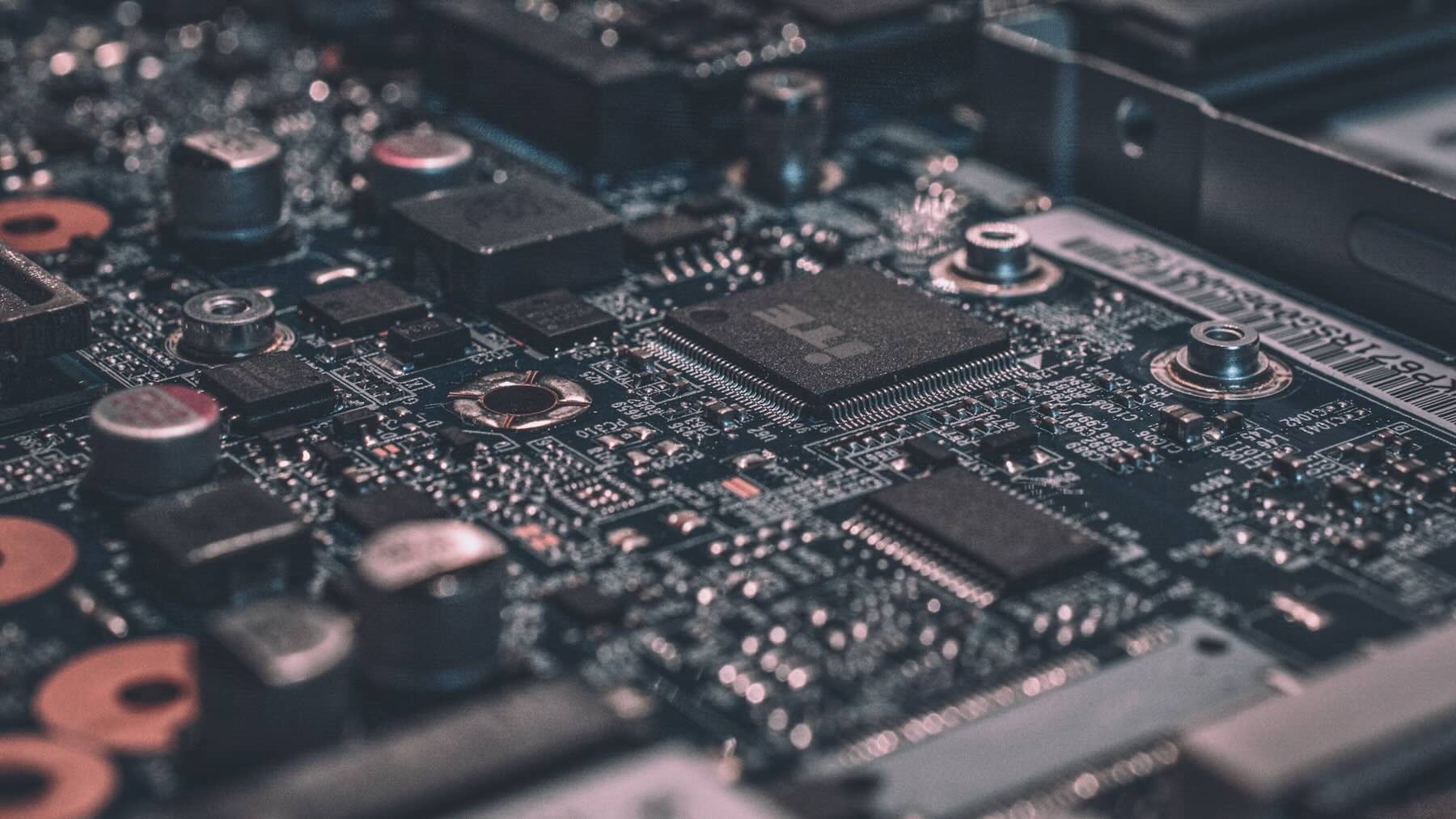· 5 min read
How AI Is Transforming Our Lives and Work
Explore how AI is already transforming industries and what that means for your personal and professional life.

How AI Is Transforming Our Lives and Work
This article is the third in a 3-part series that explores the basics of AI, how it works, and how it’s already changing our world. In this article, we’ll take a closer look at how AI is transforming both our personal lives and the workplace, highlighting the opportunities it creates and the challenges it brings.
AI in Personal Life: Your Invisible Assistant
AI has become deeply woven into our everyday lives, often without us even noticing it. From the moment you unlock your phone with facial recognition to when Netflix suggests your next binge-worthy show, AI is quietly working behind the scenes to make your life more convenient.
- Smart Homes: Devices like smart thermostats, lighting systems, and security cameras all use AI to adapt to your preferences. Over time, they learn your routines and can make automatic adjustments to save energy, enhance security, or simply make your home life more comfortable.
- Voice Assistants: Whether you’re asking Siri for directions or Alexa to play your favorite song, voice-activated AI has become a common feature in modern households. These systems use natural language processing (NLP) to understand and respond to your commands.
- Healthcare and Fitness: AI-powered apps and wearables, like smartwatches, monitor your health metrics and provide personalized recommendations. They can track your heart rate, sleep patterns, and activity levels to help you improve your overall well-being.
In all these cases, AI is taking over the smaller, repetitive tasks, allowing you to focus on more important things. But it’s not just about convenience—AI in healthcare, for example, is literally saving lives by predicting health risks and personalizing treatment plans.
AI in the Workplace: Automation and Opportunity
AI isn’t just changing how we live—it’s transforming how we work. Automation is one of the most talked-about aspects of AI in the workplace, as AI systems are increasingly taking over routine tasks that used to require human effort.
Automation and Efficiency
- Customer Service: Chatbots and AI-powered customer service platforms are handling more and more queries, freeing up human workers to deal with more complex issues. AI can quickly provide answers to FAQs, troubleshoot basic problems, and even process orders—all without human intervention.
- Data Analysis: AI is excellent at analyzing vast amounts of data and delivering actionable insights. In industries like finance, marketing, and retail, AI systems can predict market trends, personalize customer experiences, and optimize operations based on real-time data.
- Manufacturing and Logistics: In factories, AI-powered robots are handling production lines, while AI-driven logistics platforms ensure that products are delivered efficiently. This not only speeds up production but also reduces human error.
AI Creating New Opportunities
While automation is replacing certain jobs, it’s also creating new opportunities for innovation. Jobs that require creativity, emotional intelligence, and complex problem-solving are becoming more valuable. AI is handling the mundane tasks, freeing up humans to focus on strategic work that requires judgment and human insight.
- AI Collaboration: AI can work alongside humans, augmenting their abilities. For example, in design and engineering, AI can handle the data-heavy lifting while human experts focus on the creative and strategic decisions.
- AI in Decision-Making: AI systems can process vast datasets far more quickly than humans, offering insights that lead to better decision-making. For example, in marketing, AI can analyze customer behavior data to create hyper-personalized campaigns that result in better engagement.
The Challenges: Job Displacement and Ethical Concerns
While AI brings many opportunities, it also raises challenges. The most immediate concern for many people is job displacement—some roles are being automated entirely, leaving workers unsure about the future. But this doesn’t mean that AI is all doom and gloom.
Adaptability Is Key
The key to thriving in an AI-driven world is adaptability. While certain manual or repetitive jobs may be at risk, new opportunities are emerging for those who can adapt and work with AI. Developing skills in creativity, emotional intelligence, leadership, and strategic thinking will become even more important as AI continues to automate routine tasks.
Ethics and Privacy
AI also raises important ethical questions. As AI systems become more involved in decision-making, it’s crucial to ensure that they are making fair, unbiased decisions. Additionally, AI systems rely on massive amounts of data, which raises privacy concerns. Who has access to your data? How is it being used? These are important questions that companies and individuals alike need to consider.
How This Affects You
AI is changing everything—from the way we interact with our devices to how businesses operate. The key to navigating this transformation is understanding how AI can be a tool to enhance your personal life and professional career. By embracing AI, learning how it works, and adapting to its presence, you can take advantage of the opportunities it creates.
If you’re in a job that’s at risk of automation, now is the time to upskill and focus on areas where human intelligence still reigns supreme—creativity, complex problem-solving, and leadership.
Wrapping It Up
AI is already transforming our lives and work in ways that are both subtle and revolutionary. It’s automating tasks, improving efficiency, and creating new opportunities for innovation. At the same time, it’s raising questions about job security, ethics, and privacy.
As AI continues to evolve, the best thing you can do is stay informed and adaptable. By understanding how AI is impacting your personal and professional life, you’ll be better equipped to navigate this new world and take advantage of the opportunities it brings.
This concludes our 3-part series on AI basics. Stay tuned for more insights as we explore advanced AI topics in future articles!
Stay curious, Jake



